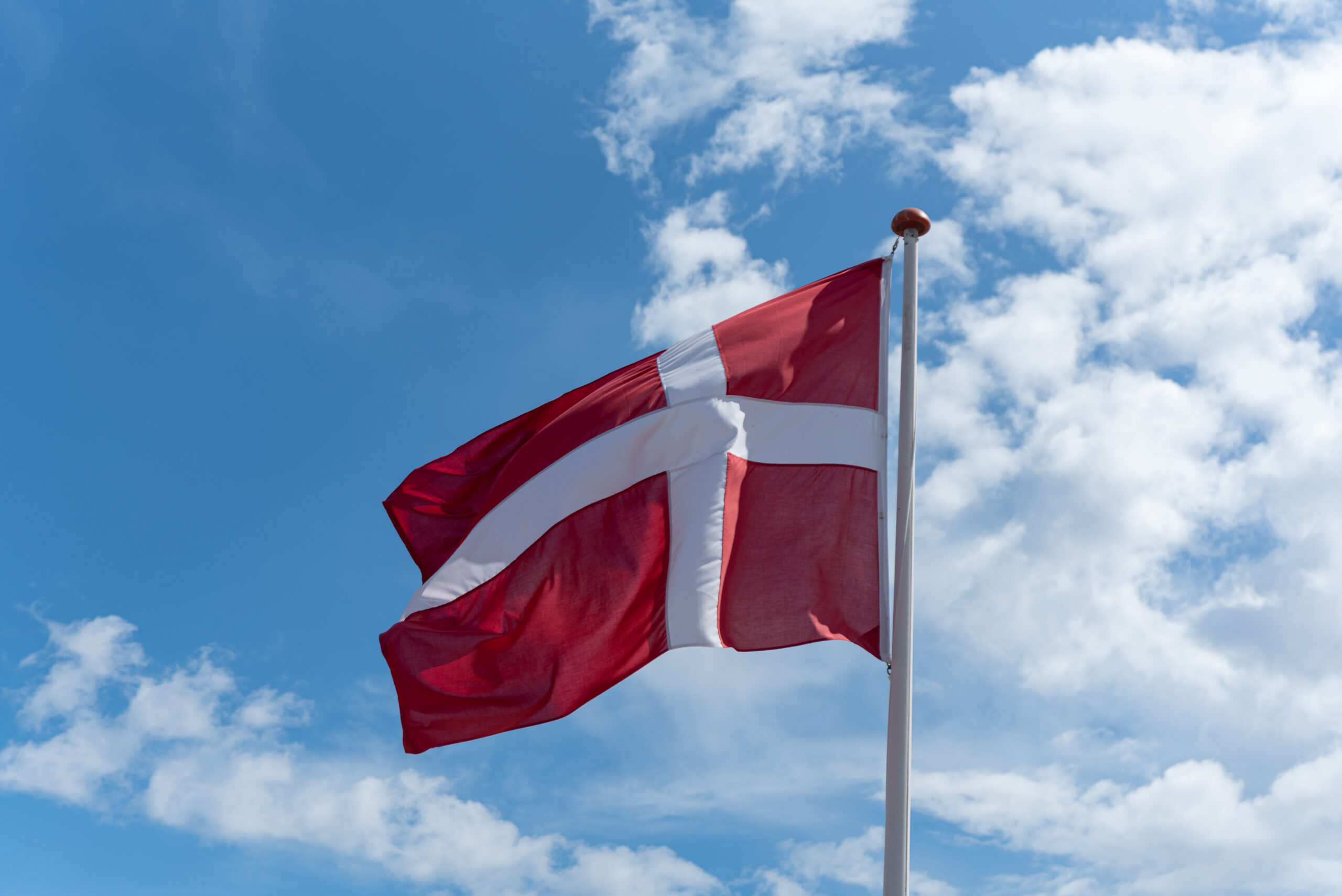Good news for international students! Finland is processing student residence permits significantly faster than last year, despite a rise in applications. As of July 2024, the average processing time is just 30 days, compared to 38 days in 2023.
Key Points: Finland received 9,293 first-time student residence permit applications by July 2024, exceeding the 2023 figure (8,762). Students from Nepal, Bangladesh, China, India, and Sri Lanka submitted the most applications. Automation has boosted processing efficiency, with 19% of positive decisions automated. Despite faster processing, potential delays may occur due to embassy backlogs, particularly in New Delhi and Abu Dhabi.
Faster Processing Through Automation: The Finnish Immigration Service (Migri) attributes the processing speed increase to automation. An automated decision system issues permits automatically if applicants meet all legal requirements. This frees up specialist time for complex applications, improving overall efficiency.
Top Countries Submitting Applications:
Migri data reveals the top countries submitting student residence permit applications:
Important Note: While processing times have improved, some international students may face delays due to embassy backlogs in identifying students, particularly in New Delhi and Abu Dhabi. This could lead to application processing extending into August or September, potentially impacting study start dates.
Learn more about studying in Finland:





